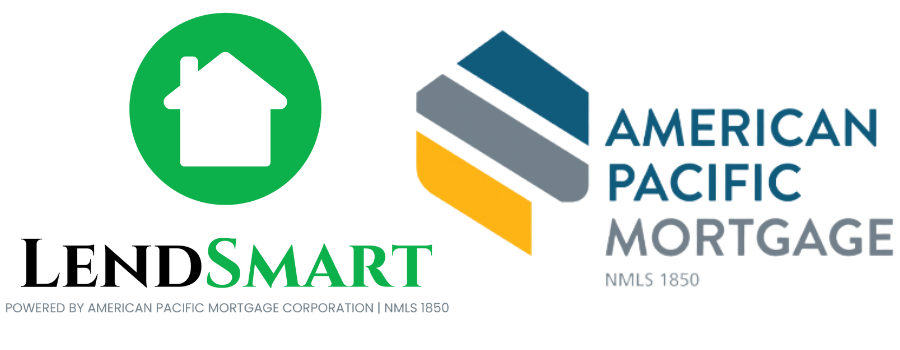Currently, more than 4 million mortgages are in forbearance and if you’re amongst those facing a financial setback, then mortgage forbearance might be able to give you a breather. Mortgage forbearance provides temporary relief by allowing you to make lower monthly payments for a certain period of time. It does not erase what you owe but allows you to postpone your payments.
How Does Mortgage Forbearance Work?
To get mortgage forbearance, you need to contact your lender. The forbearance varies from lender to lender and also depends on the type of mortgage. If you qualify for forbearance, you and your mortgage company will discuss the forbearance terms:
- length of the forbearance period
- Reduced payment amount
- Whether the lender will report the forbearance to credit bureaus
- Terms of repayment
Your loan will still accrue interest during forbearance. Even though you aren’t making payments during this period, you’ll continue to receive monthly statements. After the forbearance has ended, you will need to repay the reduced amount, but you have the option to pay it over some time.
Payback options include:
- Reinstatement: You pay a lump-sum amount
- The additional monthly payment for a few months
- Adding the repayment amount to the end of the mortgage, lengthening its term
- Mortgage loan modification: changes the terms of your mortgage to help make your payments more manageable
Mortgage forbearance generally lasts for a year only, as it’s intended to provide relief for a short financial setback. Your lender will ask you for updates during the forbearance period to see if you need an extension or not.
Qualifications Needed for Mortgage Forbearance
Mortgage forbearance requirements vary from lender to lender. Whether the application is online or through your lender, you’ll have to have the following information:
- most recent mortgage statement
- the estimate of your current monthly income and monthly expenses
- explanation of your hardship
The chances of qualifying for a forbearance increase, if you apply early. If your request for mortgage forbearance is denied, you have the option to formally appeal the decision with your lender. Your application will be renewed and reviewed by a new loan lender.
Benefits of Mortgage Forbearance
Mortgage forbearance has the following benefits:
- The lower payments give you time to overcome the financial setback and get back on your feet
- It is less damaging to your credit score than a foreclosure
- You are able to stay in your home and avoid foreclosure
Ways to avoid Forbearance
Even though forbearance is better than foreclosure, borrowers should avoid forbearance as it is likely to impact their financial future, if the lender reports it to the credit bureaus. In order to be eligible for a new home loan after forbearance, you’ll need to re-establish yourself as a credible borrower. Impending forbearance payments make that difficult.
Some of the ways to do so are:
- Use money from your retirement accounts
- Borrow from a credit card
- Make use of overdraft credit lines
- Take a loan
Contact us at (605) 718-9820 or schedule a call and let our mortgage experts help you with your home loan.
© 2020 Affiliated Mortgage, LLC. NMLS #14211: AZ NMLS#0947858. All Rights Reserved. Affiliated Mortgage, LLC is a Division of Lend Smart Mortgage NMLS #4474
Developed and designed by https://blairallenagency.com





